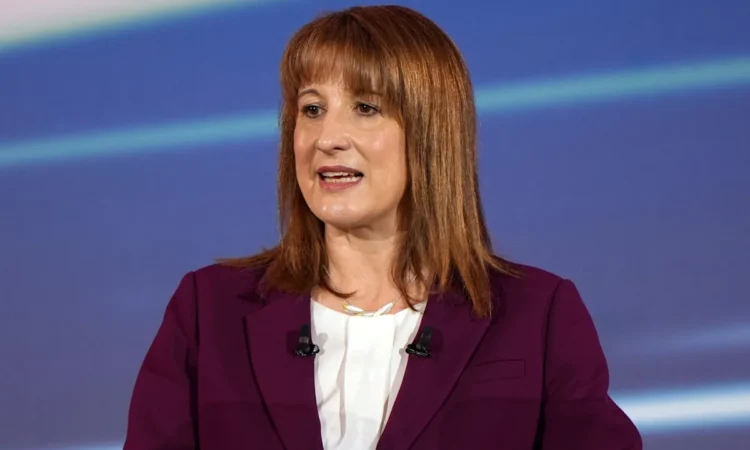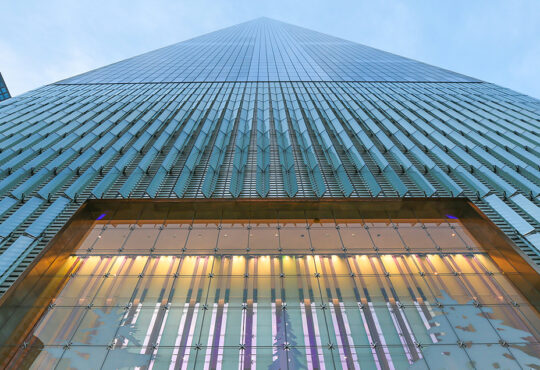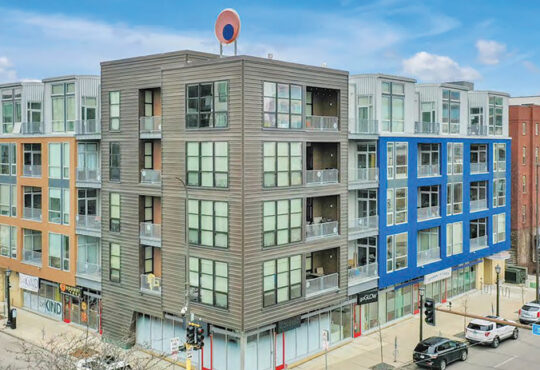
Rachel Reeves’s £1.7bn property tax raid will put 120,000 high street jobs at risk, retail and hospitality bosses have warned.
The British Retail Consortium (BRC) and UK Hospitality have raised fresh concerns over the Chancellor’s plans to impose higher business rates on superstores, hotels, holiday parks and restaurants.
The trade groups estimate that hundreds of sites could close because of the changes, resulting in roughly 120,000 job losses.
Under the proposed overhaul of business rates, which will come into force next April, companies with bigger premises will face an increase in levies to reduce costs for smaller sites.
Labour has argued the reform will be designed to help revive city centres.
This is because the changes are designed to level the playing field between the high street and online giants, with the shake-up hitting large warehouses.
b’
‘
However, retail and hospitality bosses said it risks doing the opposite by forcing so-called large “anchor” stores and entertainment venues to close sites.
Helen Dickinson, the BRC chief executive, urged ministers to hand retailers an exemption from higher business rates to “safeguard hundreds of anchor stores and the vital jobs they sustain”.
Kate Nicholls, the chairman of UKHospitality, said the Chancellor needed to back businesses so they could “develop locations where people want to live, work and invest”.
Tesco and Sainsbury’s bosses warned the Chancellor earlier this year that higher business rates would accelerate the decline of the high street.
In July, Sir Tim Martin, the boss of JD Wetherspoon, said the shake-up would “exacerbate the already ferocious tax disadvantage that pubs are currently labouring under”.
Since then, businesses have come under further pressure as consumers rein in spending ahead of the Budget.
Figures from the Confederation of British Industry (CBI) Distributive Trades Survey revealed retailers sold around 27pc less in the year to October compared to the same period a year earlier.
Martin Sartorius, the principal economist at the CBI, said: “Consumer confidence remains poor, compounded by elevated caution ahead of next month’s Autumn Budget.”
Bosses are understood to have met with Treasury officials in recent weeks, urging them to exempt large retail and hospitality firms from the higher business rates bracket.
One supermarket source said the Government had been warned that the planned changes threatened to drive up food prices, which are already up by almost 5pc in the past year alone.
It comes after retailers were hit with higher costs in last year’s Budget when the Chancellor increased employer National Insurance rates and the minimum wage. New packaging taxes have also put businesses under pressure.






